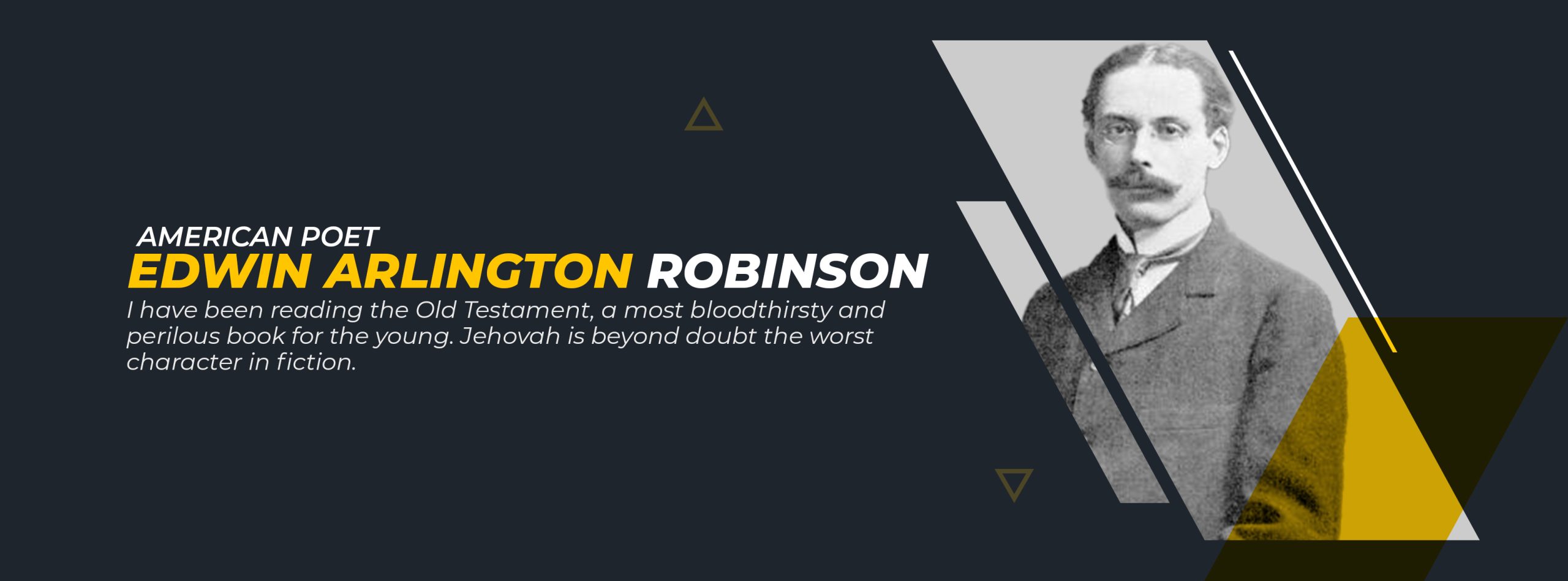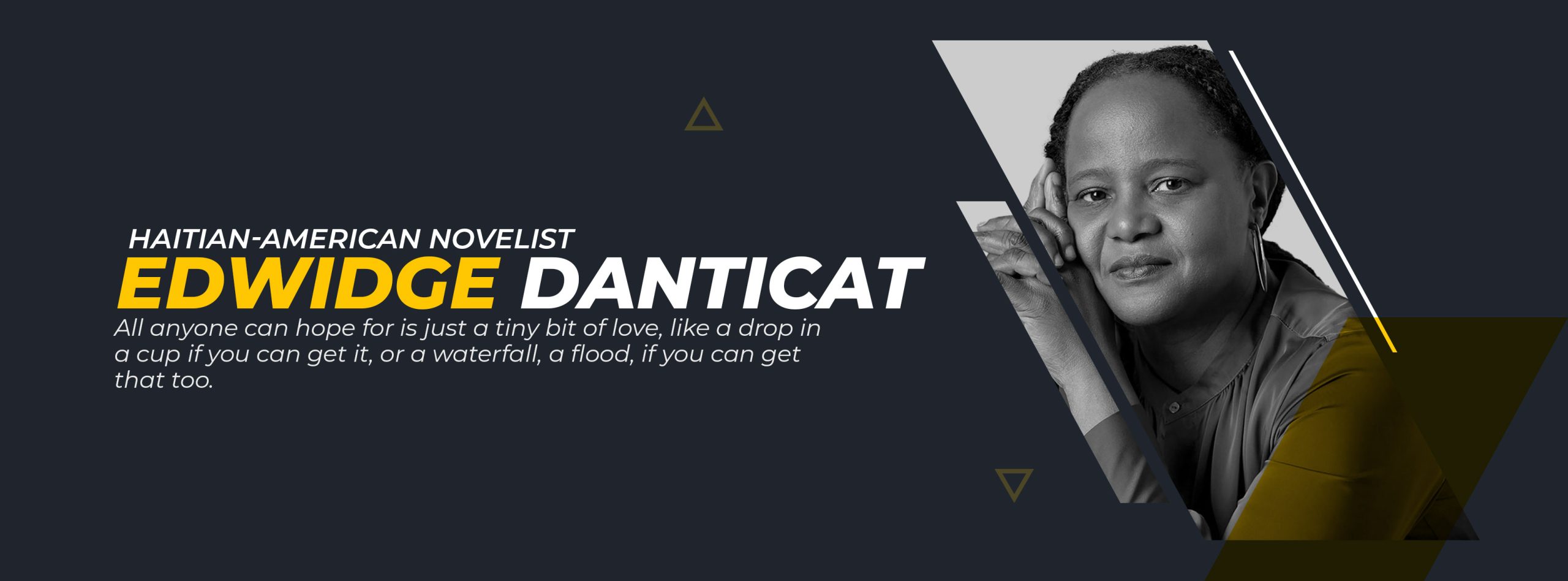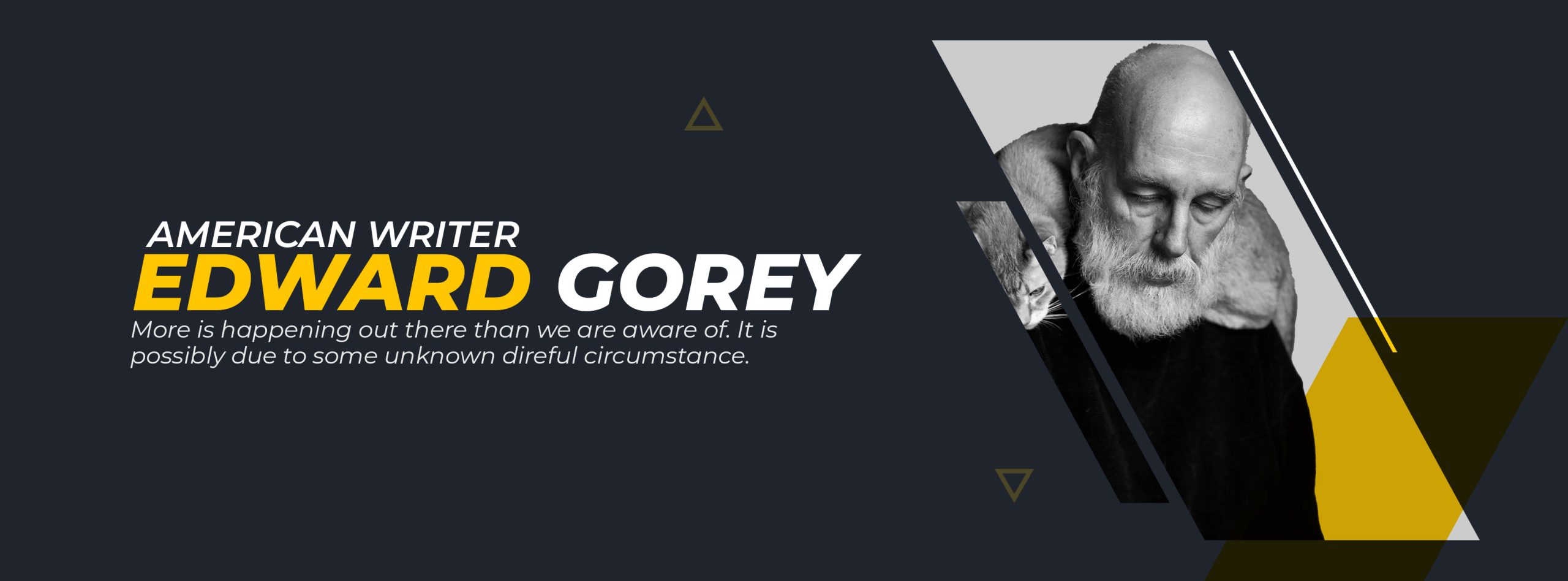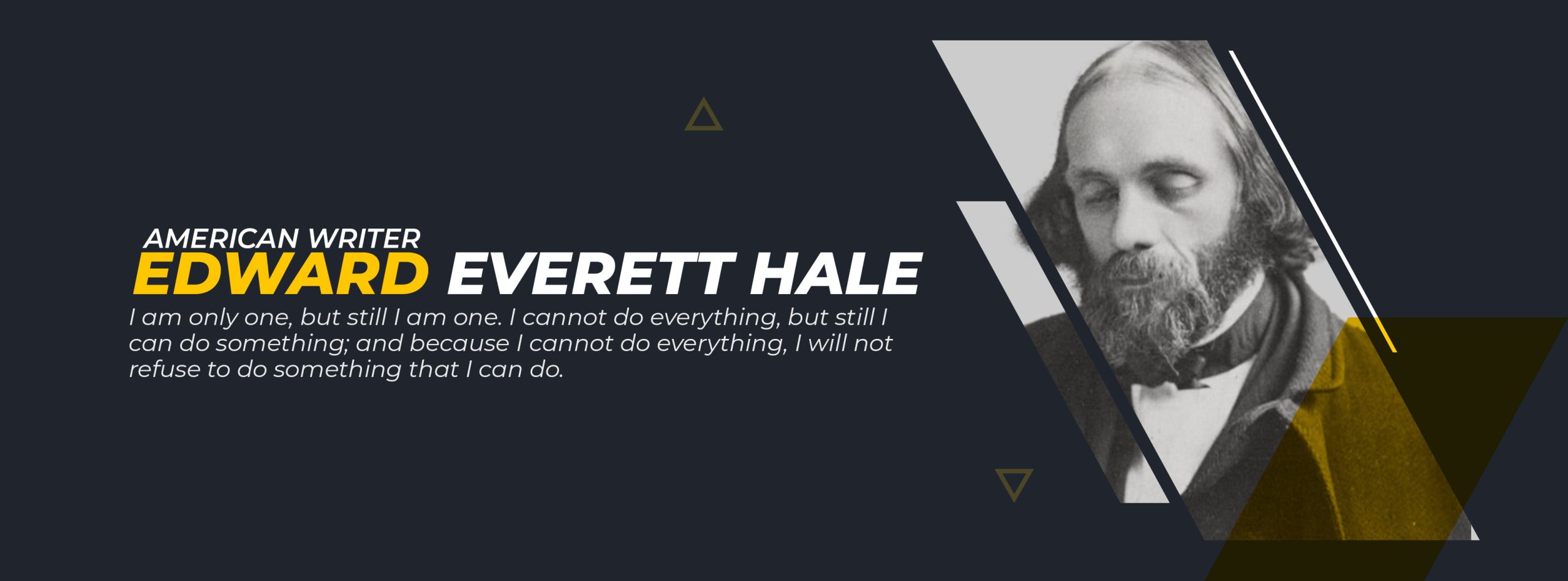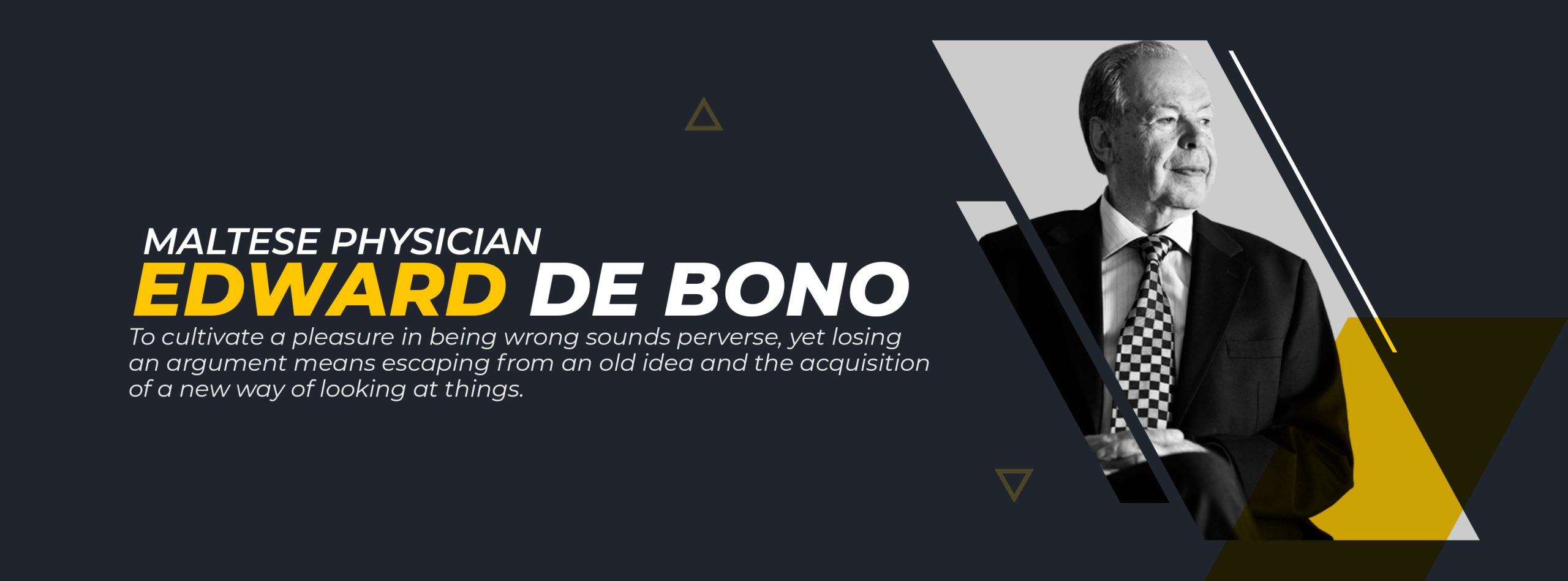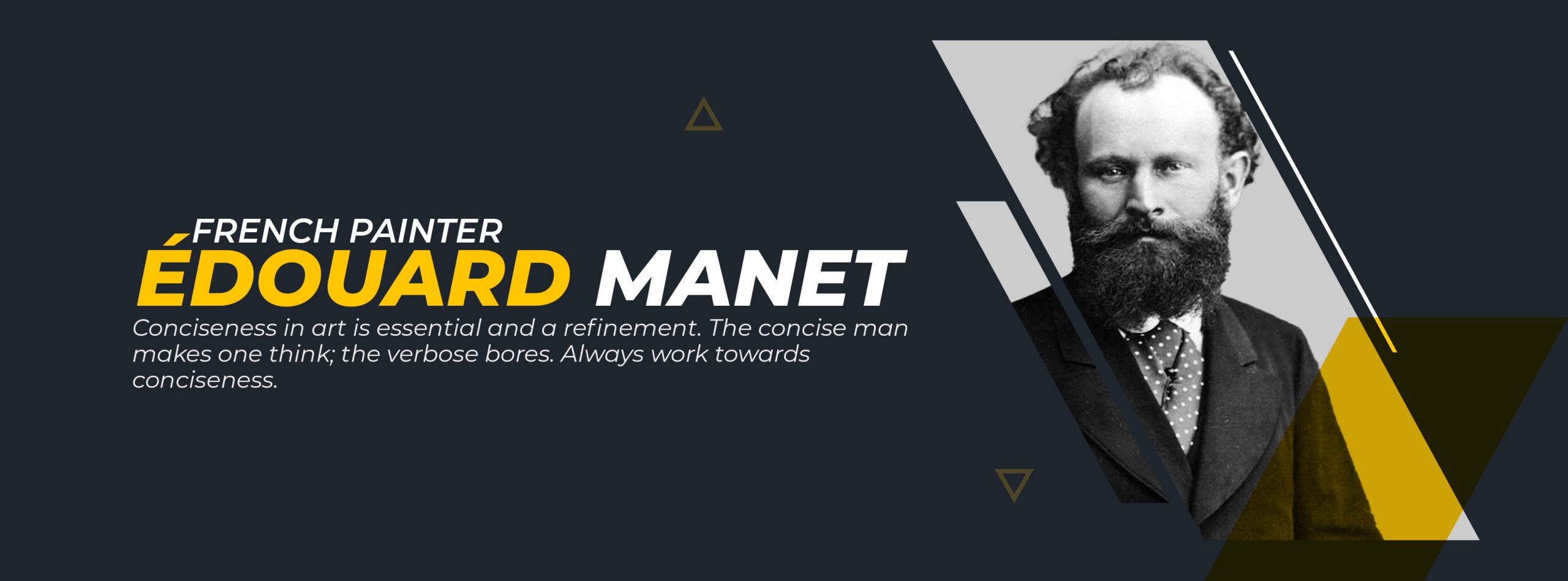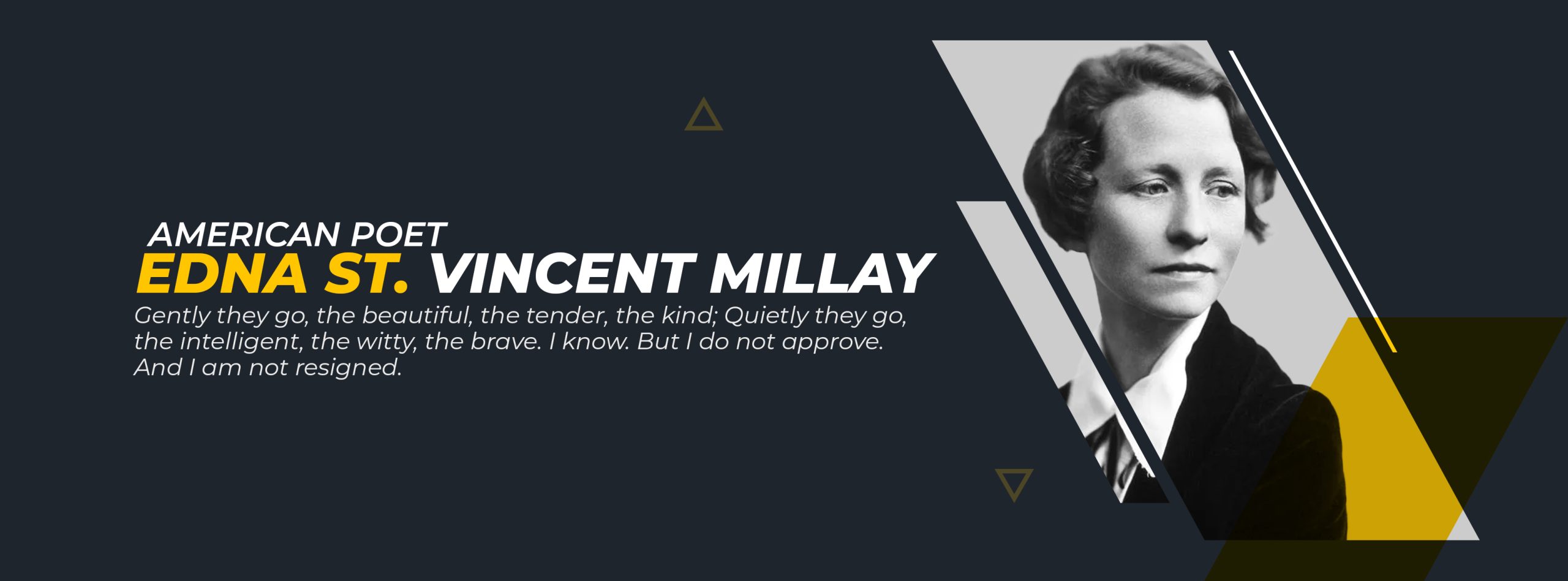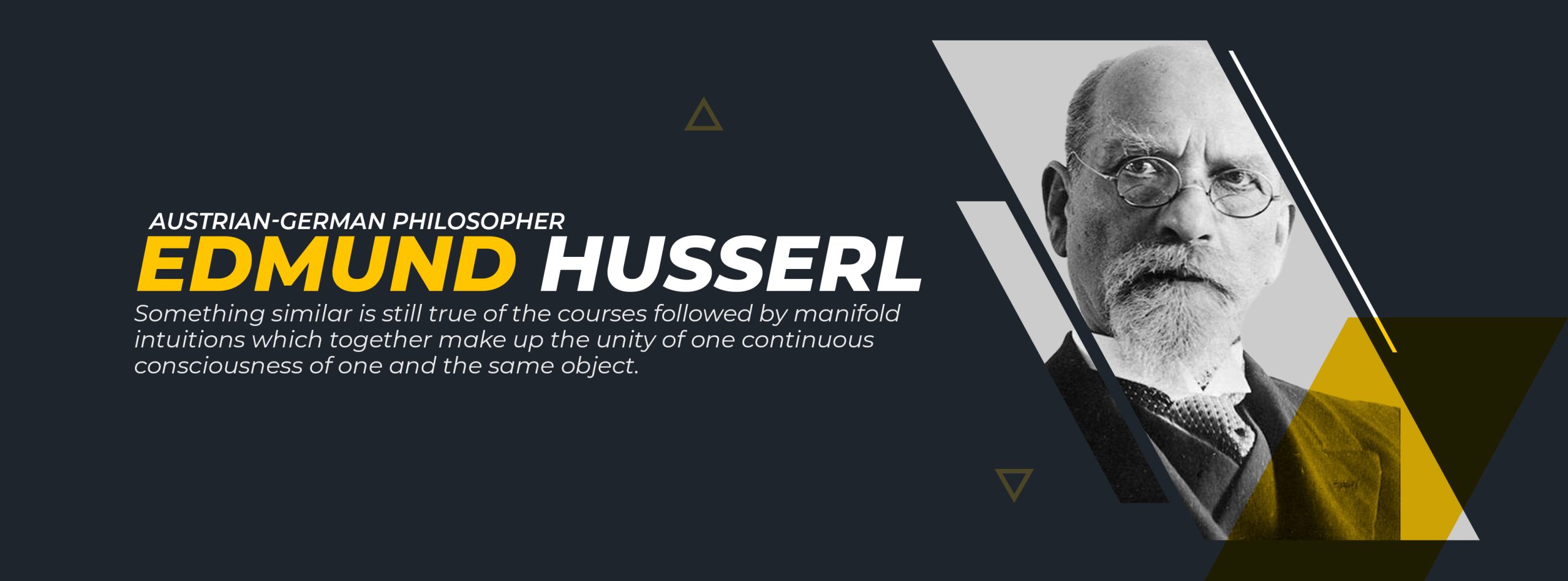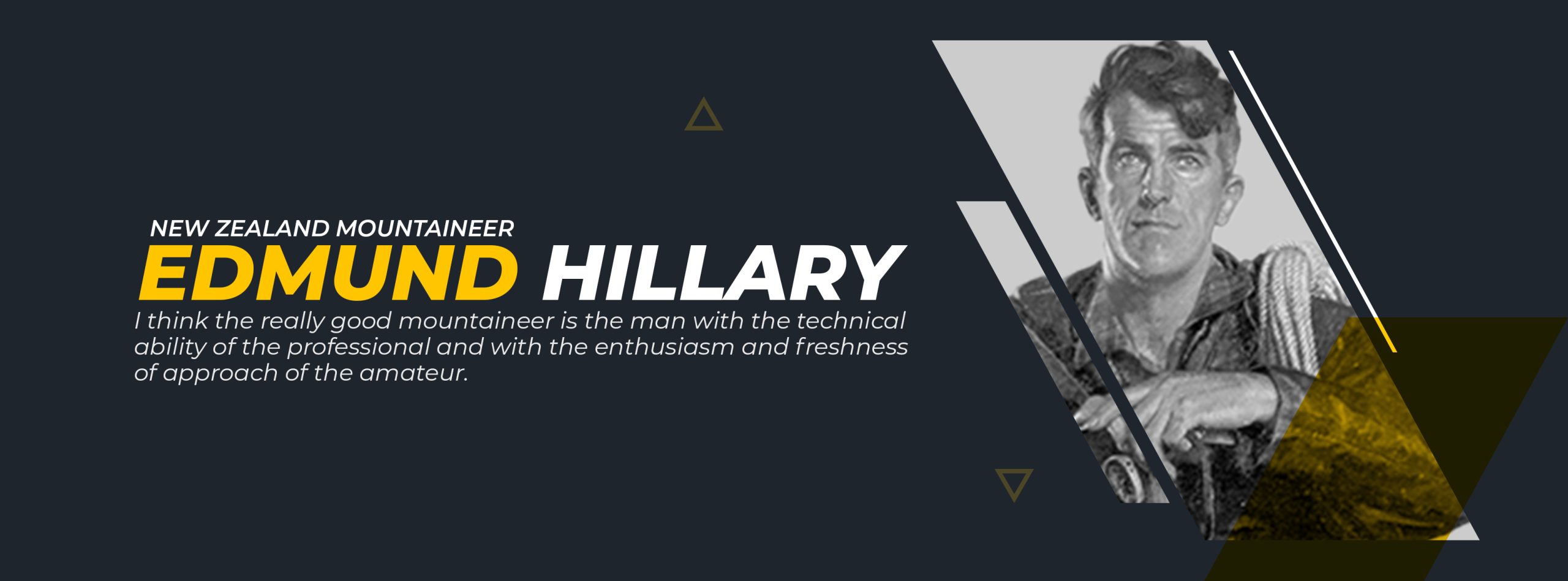Top 10 most inspiring quotes by Edwin Hubble
- We do not know why we are born into the world, but we can try to find out what sort of a world it is – at least in its physical aspects.
- Science is the one human activity that is truly progressive. The body of positive knowledge is transmitted from generation to generation.
- Equipped with his five senses, man explores the universe around him and calls the adventure Science.
- Astronomy is something like the ministry. No one should go into it without a call. I got that unmistakable call, and I know that even if I were second-rate or third-rate, it was astronomy that mattered.
- All nature is a vast symbolism: Every material fact has sheathed within it a spiritual truth.
- There we measure shadows, and we search among ghostly errors of measurement for landmarks that are scarcely more substantial.
- The outstanding feature, however, is the possibility that the velocity-distance relation may represent the de Sitter effect, and hence that numerical data may be introduced into discussions of the general curvature of space.
- Science is the one human activity that is totally progressive.
- Wisdom cannot be directly transmitted, and does not readily accumulate through the ages.
- The great spirals, with their enormous radial velocities and insensible proper motions, apparently lie outside our Solar system.
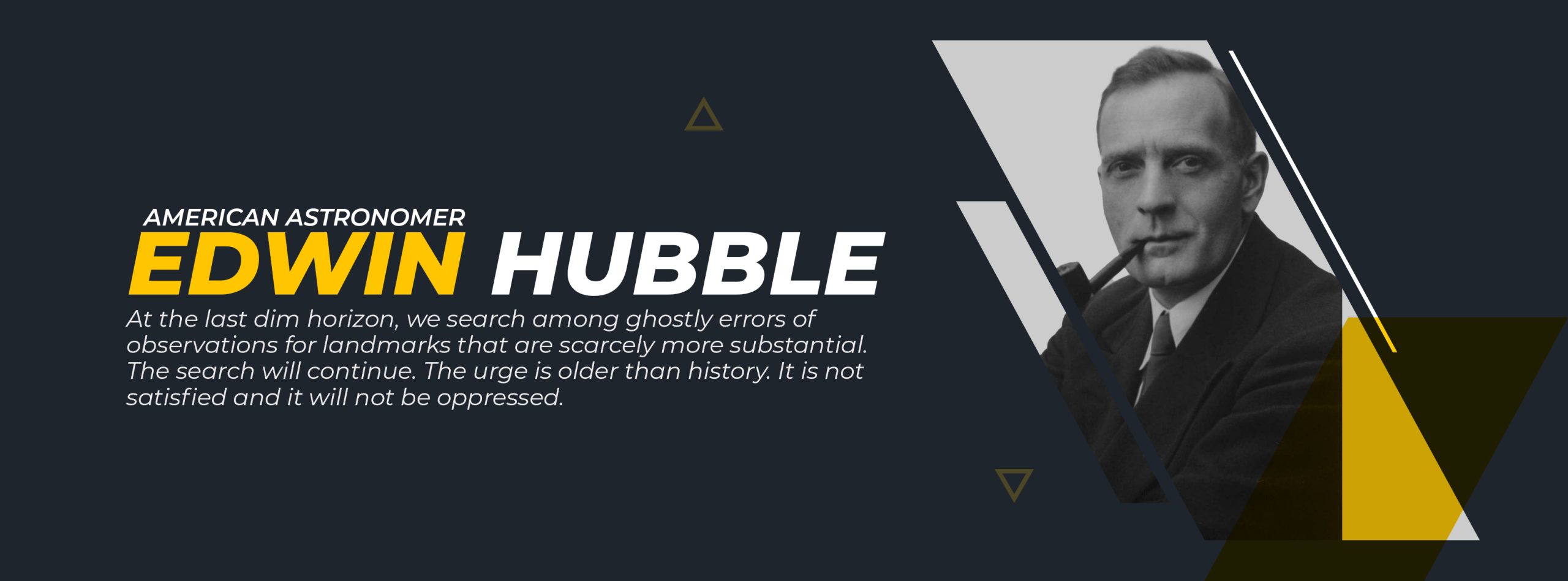
Edwin Powell Hubble (1889-1953) was a pioneering American astronomer renowned for his groundbreaking contributions to the field of cosmology. Born in Marshfield, Missouri, Hubble’s work revolutionized our understanding of the universe’s vastness and its expansion.
After receiving degrees in astronomy and law, Hubble joined the staff of Mount Wilson Observatory in California. He used the observatory’s powerful telescope to identify and measure the distances to numerous galaxies beyond the Milky Way, showing that these were separate “island universes.” This discovery shattered the prevailing notion that the Milky Way was the extent of the cosmos.
Hubble also formulated Hubble’s Law, which demonstrated the correlation between the recession velocity of galaxies and their distance from us. This observation provided strong evidence for the expansion of the universe, ultimately leading to the development of the Big Bang theory.
In recognition of his contributions, Hubble had the Hubble Space Telescope named after him, launched in 1990. His work laid the foundation for modern observational cosmology, profoundly shaping our understanding of the cosmos and earning him lasting acclaim as one of the most influential astronomers in history.
👉Listen to the best music from all over the world at www.liveonlineradio.net #Edwin_Hubble #quotes #FM #Online_radio #radio #live_online_radio #live #world_radio


